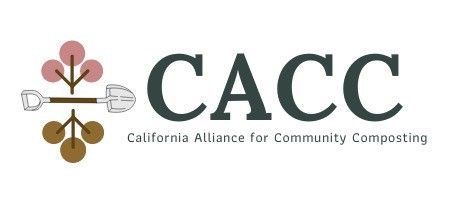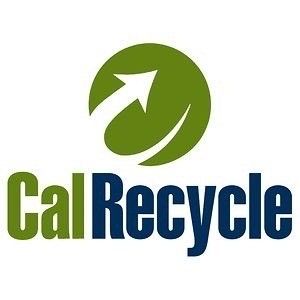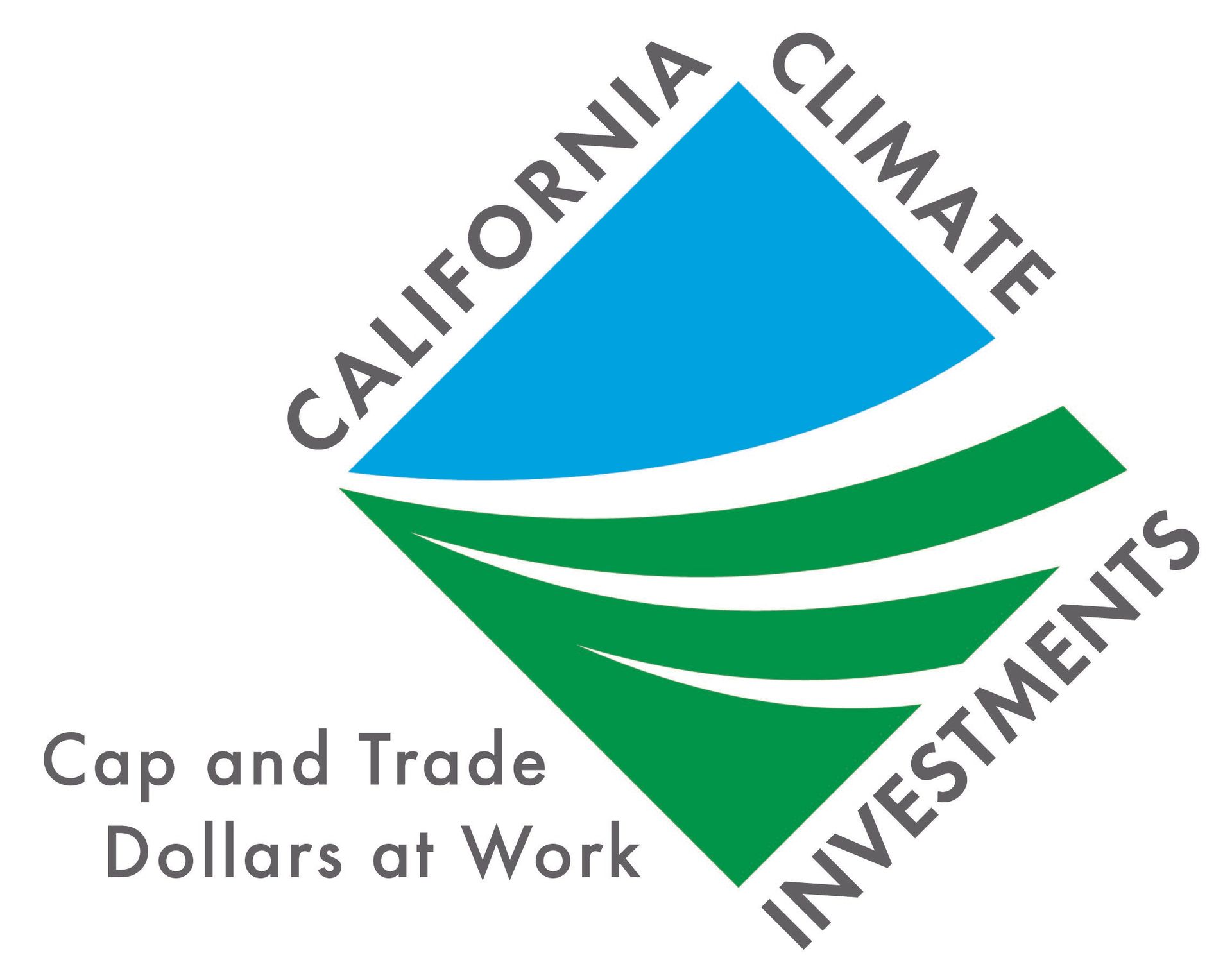Community Composting, where we turn scraps to soil.
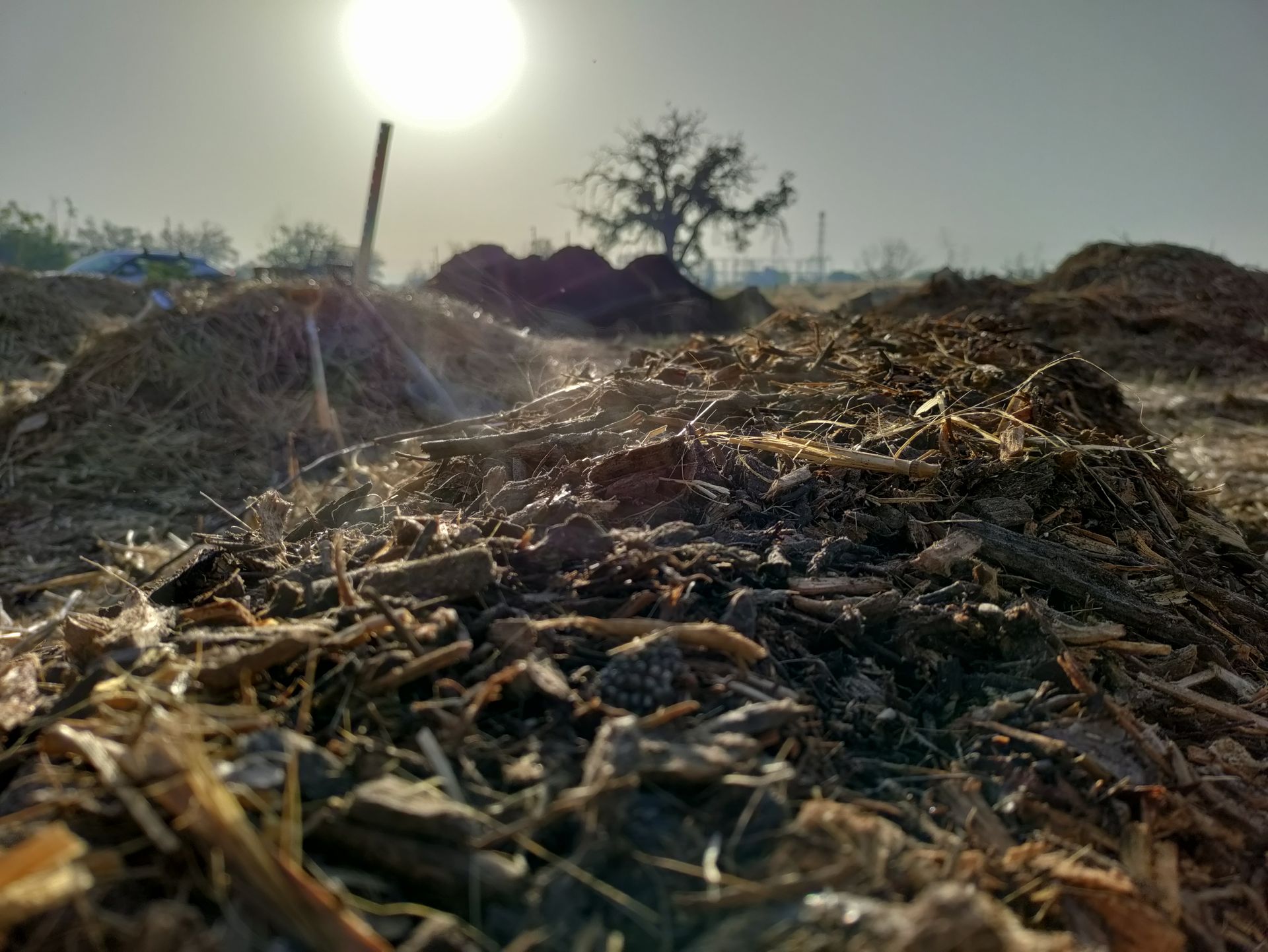
Community Composting. What is it?
Community composting is a model of composting that sources
organic materials locally, engages the community in the composting process, and uses the compost produced in local soils.
Community composting sites are local and often dispersed throughout a town, city, or neighborhood. They may be located at schools, farms, community gardens, parks and other public lands, at community organizations, and in rural to urban areas. Community composting can be scaled and designed to fit the needs and resources of a community. Though sites may be small compared to municipal or commercial composting facilities, community composting can scale up to handle more materials by adding sites to a network or expanding the size of existing sites.
Community composting is an important tool for organics recycling and landfill diversion, filling gaps in access and infrastructure while tackling climate change and providing a host of unique environmental, economic, and social benefits.
Community composters use a variety of composting methods, including three-bin systems, windrows, aerated static piles, and vermicomposting. They also represent different organizational and business models, including nonprofits, small businesses, farms, schools, community gardens, and worker-owned cooperatives. Community composting is often cheaper and less resource-intensive to set up than larger composting operations, as it requires less land and fewer materials. As with all scales of composting, it is important to use best management practices in community composting to produce high-quality compost and minimize odors and pests.
Where we compost.
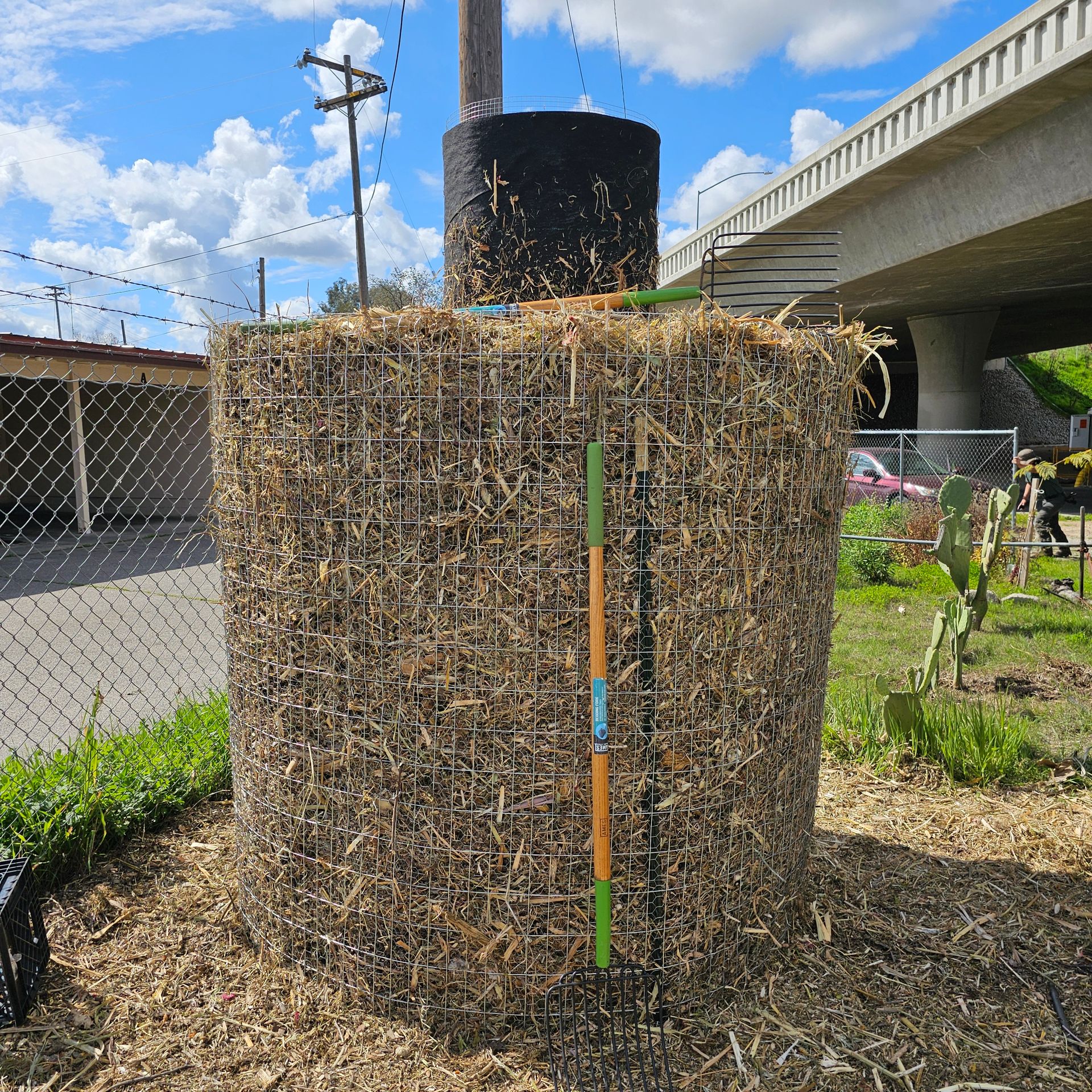
Yoville Community Garden
This is our largest garden site that we manage and is the location where we run our community composting system. This site has a hand turned windrow compost pile, which we manage during our volunteer days. These days are Tuesdays, Thursdays and Saturdays from 8am-11pm.
Lowell Community Garden
This garden is located at 841 N Popular Ave Fresno, CA 93701 and is our smallest garden. We use a large Johnson-Su Bioreactor to compost our gardeners green waste.
Al Radka Community Garden
This garden is located at 5897 E Belmont Fresno, CA 93727 and also uses a large Johnson-Su Bioreactor to compost our gardeners green waste.
How to donate food scraps to us.
Ways for residents to donate food scraps to Metro sites.
There are two ways for folks to donate their food scraps. The first is to bring their food scraps to one of our Yoville community garden volunteer days, which are Tuesday, Thursday, and Saturday from 8am-11am. With this method they will get the chance to learn about community composting and get to participate in turning a windrow and ask any questions about composting. The second way is for them to bring them to our drop off box located outside of Yoville. They will need to send an email to Metro’s community compost project coordinator and site operator (Raul W. Ortega III) their email address (raul@fresnometmin.org)
Ways for business to donate food scraps to Metro sites.
The only way for businesses to donate their food scraps is to contact the Metro’s community compost project coordinator and site operator (Raul W. Ortega III) by emailing address (raul@fresnometmin.org). This way a schedule for connections can be established and managed.
What can you donate.
Accepted Materials:
-We accept all types of food scraps including, meats, bones, egg shells, dairy products, tea bags, coffee grounds, citrus peels, nut shells, used napkin and paper towels/rolls (only if they were only used to cleans food messed and not used with cleaners or chemicals).
-We work to compost all organic materials the only things we ask is to not put large amounts grease/oil into our scraps. The issue comes from large amounts at one time, e.g. emptying out a grease trap or thing fats in amounts more than 16oz at one time. If its added slowly and spread out over a few weeks there isn’t a big issue that can’t be managed.
Not Accepted Materials:
-We also ask you to separate all plastic, metal other non food wrappers/closures
-No animal waste (including human)
or personal sanitary products
grants and funding are managed and paid for though our partners at
